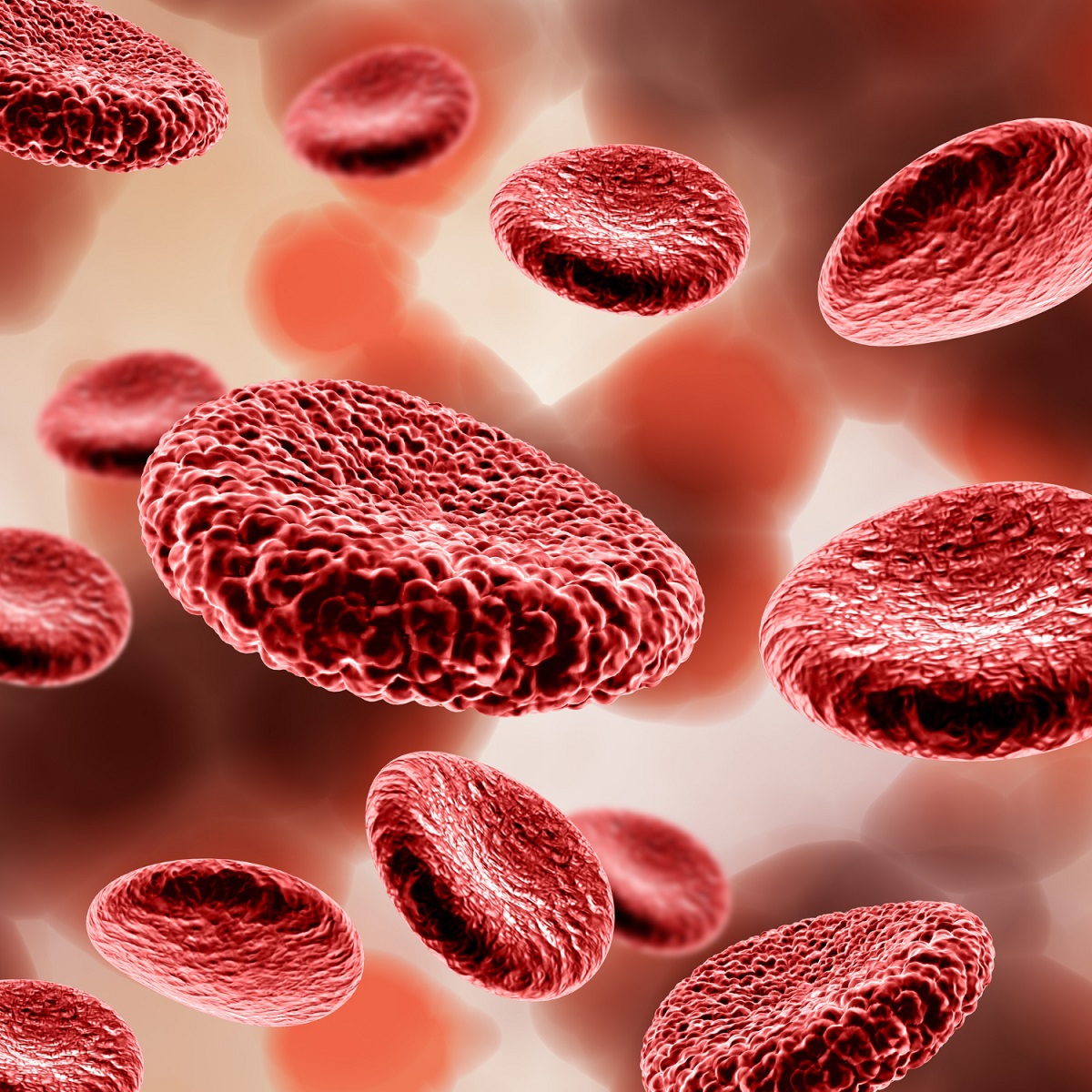KEY TAKEAWAYS
- The phase 1 trial aimed to investigate the preliminary safety and antitumor activity of ASP3082 monotherapy in patients with KRAS G12D-mutant advanced solid tumors.
- The primary endpoints were to determine the DLTs and AEs.
- Researchers noted ASP3082’s promising safety and antitumor activity, supporting further study.
ASP3082 is a novel protein degrader that selectively targets KRAS G12D mutations. This study evaluates the preliminary safety and antitumor efficacy of ASP3082 as monotherapy in patients with advanced solid tumors who have undergone prior treatments.
Wungki Park and the team aimed to assess the tolerability, safety profile, and early signs of efficacy in these heavily pretreated patients with advanced solid tumors.
They performed an inclusive analysis in this phase 1, dose-escalation, first-in-human study, enrolling adult patients with unresectable or metastatic KRAS G12D-positive solid tumors. Patients received escalating doses of ASP3082 monotherapy, ranging from 10 to 600 mg, administered intravenously once weekly in a 21-day cycle. The primary endpoints of the study focused on the incidence of dose-limiting toxicities (DLTs) and adverse events (AEs) to evaluate the safety profile of ASP3082 in this patient population.
About 98 patients (median age: 64 years; 56% male; median [range] prior lines of systemic therapy: 2 [1–7]) were enrolled as of the data cutoff on 1 April 2024. These patients had pancreatic cancer (PC, n=67), colorectal cancer (CRC, n=16), non-small cell lung cancer (NSCLC, n=13), or other cancers (n=2).
Treatment-related adverse events (TRAEs) were observed in 68 out of 98 patients (69.4%), with 5 patients experiencing grade 3 (Gr 3) events, and no patients experiencing Gr 4 or 5 events. Common TRAEs (≥5% of patients) included fatigue (15.3%), infusion-related reactions (14.3%), pruritus (9.2%), nausea (7.1%), urticaria (7.1%), elevated aspartate aminotransferase (AST) (7.1%), elevated alanine aminotransferase (ALT) (6.1%), and vomiting (5.1%).
DLTs occurred in 2 patients at the 450 mg dose level (Gr 3 ALT increase; Gr 3 ALT/AST increase) and in 1 patient at the 600 mg dose level (Gr 3 ALT increase). The maximum tolerated dose was not reached. Based on preclinical modeling simulations, the predicted lowest dose for clinical efficacy was >100 mg.
Efficacy was evaluated in 65 patients receiving doses of 10–300 mg. Among the 35 patients who received doses of ≤90 mg, the objective response rate (ORR) was 0%, while the disease control rate (DCR) was 25.7%. At the 140 mg dose level (n=9), the ORR was 11.1% (1 partial response [PR] in 5 patients with PC), and the DCR was 33.3% (2 in 5 patients with PC, 1 in 4 patients with CRC ). At the 200 mg dose level (n=9), the ORR was 0%, and the DCR was 55.6% (3 in 7 PC, 1 in 1 NSCLC, and 1 in 1 CRC). At the 300 mg dose level (n=12), the ORR was 33.3% (3 PRs in 7 PC, 1 PR in 4 with NSCLC, and 0 PRs in 1 CRC), and the DCR was 75.0% (5 in 7 PC, 4 in 4 with NSCLC, and 0 in 1 CRC).
The study concluded that ASP3082, a novel KRAS G12D degrader, demonstrated an acceptable safety profile and showed promising antitumor activity, particularly in heavily pretreated pancreatic cancer patients. These preliminary findings highlight the need for further studies to explore its potential efficacy in KRAS G12D-mutant solid tumors.
The trial was sponsored by the Astellas Pharma Inc.
Source: https://cslide.ctimeetingtech.com/esmo2024/attendee/confcal/show/session/156
Clinical Trial: https://clinicaltrials.gov/study/NCT05382559
Park W, Kasi A, Spira A.I, et al. (2024). “Preliminary safety and clinical activity of ASP3082, a first-in-class, KRAS G12D selective protein degrader in adults with advanced pancreatic (PC), colorectal (CRC), and non-small cell lung cancer (NSCLC).” Presented at ESMO 2024 (Abstract 608O).



